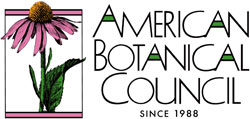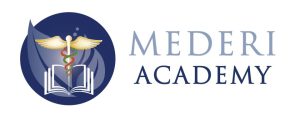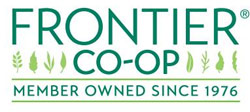Speaker: Roy Upton. Continued from Part 1. Differential diagnosis in TCM includes observation of the physical signs of Qi, blood and Shen disharmonies: indicators of the balance between yin and yang in the physiology: and symptoms of specific organ dysfunction. The four primary methods of diagnosis are discussed, including observation, listening, questioning, and touch. These skills can be easily learned by any practitioner and integrated into clinical practice.
| Content | |
| Media | MP3 Audio |
| Speaker | Roy Upton |
Intensive: TCM Diagnosis for Herbalists Pt. 2
- Event: 2007 Medicines from the Earth
- Product Code: 07ME06
- Availability: 1000
-
$11.99
Related Products
Herbal Formulation: Traditional Chinese and Western Principles
Speaker: Roy Upton. Four traditional Chinese principles of formulation are presented with examp..
$11.99
External Applications in Traditional Chinese Medicine
Speaker: Roy Upton. There are a number of external therapies in traditional Chinese medic..
$11.99
TCM Approaches to Inflammation in a Scientific Context
Speaker: Christopher Hobbs. A clinical presentation on the role of inflammation as the major et..
$11.99
TCM Concepts in the Modern Clinic, Pt 2
Speaker: Jason Miller. Continued from Part 1: Blood Stagnation, Plegm and Damp Heat. Biomedical..
$11.99
TCM Concepts in the Modern Clinic, Pt 1
Speaker: Jason Miller. Spleen Dampness, Liver Qi Stagnation and Kidney Essence Deficiency..
$11.99
Intensive: TCM Diagnosis for Herbalists Pt. 1
Speaker: Roy Upton. Differential diagnosis in TCM includes observation of the physical signs of Qi, ..
$11.99








